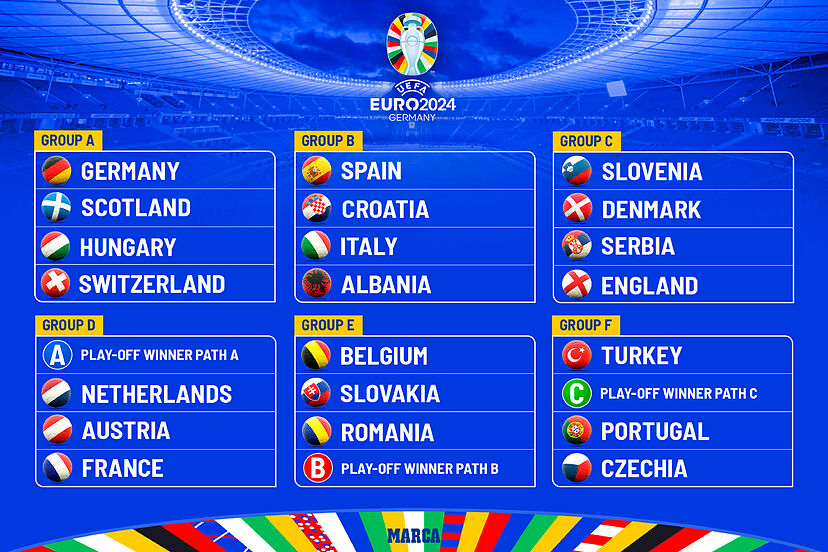In a recent Premier League clash between Tottenham Hotspur and Chelsea, the spotlight was not solely on the final score but also on the contentious decisions made by the Video Assistant Referee (VAR). Tottenham Manager-Ange Postecoglou, voiced his dissatisfaction with VAR after his team’s 4-1 defeat against Chelsea. This article delves into the controversy surrounding the match, Postecoglou’s stance on VAR, and the broader implications of this technology on modern football.
The Controversial Match
On a brisk Sunday afternoon at Tottenham Hotspur Stadium, two of the Premier League’s top teams squared off in a high-stakes encounter. Chelsea, with its star-studded lineup, and Tottenham, under the guidance of Ange Postecoglou, were eager to assert their dominance. The match, however, was far from a straightforward showdown.
The game began with Chelsea taking an early lead through an exquisite goal by Hakim Ziyech. It was a moment of individual brilliance, and one could argue that nothing could have been done to prevent it. Nevertheless, as the match unfolded, it became clear that the real talking points were going to revolve around VAR.
VAR and Its Controversial Role
The use of VAR in modern football has been a topic of discussion since its introduction. While it was intended to eliminate glaring officiating errors, it has often been mired in controversy due to its subjective application and the disruption of the flow of the game. The Tottenham vs. Chelsea match served as a microcosm of this ongoing debate.
The first major VAR incident occurred when Tottenham’s Son Heung-min was disallowed a goal due to an offside decision. Upon review, it was evident that Son’s shoulder was marginally ahead of the last defender, which led to the goal being ruled out. While the decision adhered to the offside rule, it sparked frustration among the Tottenham faithful and even Tottenham Manager-Ange Postecoglou, who later described it as “harsh.”
Tottenham Manager-Ange Postecoglou’s Discontent
As the match progressed, and Chelsea continued to dominate, Tottenham Manager-Ange Postecoglou’s discontent with VAR became more apparent. The turning point arrived in the second half when a collision between Tottenham’s Ben Davies and Chelsea’s Kai Havertz resulted in a penalty being awarded to the visiting team. The decision was initially made by the on-field referee, but VAR confirmed it after reviewing the incident.
Postecoglou, visibly frustrated on the touchline, did not mince his words during the post-match press conference. He expressed his displeasure with VAR, claiming that the technology was “ruining the spirit of the game” and that it had “killed the momentum” of his team. These statements from a Premier League manager carry significant weight, as they reflect broader sentiments within the footballing community.
VAR’s Impact on Football
Tottenham Manager-Ange Postecoglou’s criticisms of VAR are not unique. Many football purists and fans have raised concerns about the impact of VAR on the sport. The introduction of VAR was intended to make football fairer and reduce refereeing errors, but it has introduced new challenges.
1. Disrupted Flow of the Game: One of the most common criticisms of VAR is its ability to disrupt the natural flow of the game. Lengthy stoppages to review decisions can leave players, fans, and even managers frustrated.
2. Subjective Decisions: VAR decisions often involve subjective interpretations of the rules, such as the offside rule. This subjectivity can lead to inconsistencies and debates about the accuracy of VAR decisions.
3. Emotional Toll: The emotional toll on players, managers, and fans is undeniable. The elation of celebrating a goal can quickly turn to disappointment when it is disallowed, and the uncertainty of VAR decisions can be mentally draining.
4. Impact on Refereeing: VAR has also raised questions about the competence of on-field referees. With decisions frequently being reviewed and overruled, it can undermine the authority of the officials.
5. Strain on Officiating Teams: The introduction of VAR has increased pressure on officiating teams, who must make split-second decisions that may later be scrutinized in detail. This can be mentally taxing for referees and linesmen.
The broader discussion regarding VAR revolves around striking the right balance between improving accuracy and preserving the essence of football. Critics argue that VAR has swung the pendulum too far in favor of accuracy, at the expense of the game’s spontaneity and emotional intensity.
Tottenham Manager-Ange Postecoglou’s Call for Change
Ange Postecoglou’s outspoken criticism of VAR serves as a reminder of the need for ongoing dialogue and potential reform. While the technology was introduced with good intentions, its application has generated controversy and divided opinions.
The Australian manager’s call for change may resonate with many in the footballing community who believe that the use of VAR needs to be refined. There are several potential avenues for improvement:
1. Clearer Offside Rules: One of the most contentious aspects of VAR is the offside rule. There is a need for clearer and more objective guidelines to reduce subjectivity in these decisions.
2. More Transparency: Providing fans, players, and managers with more information about VAR decisions could enhance understanding and acceptance.
3. Faster Reviews: Reducing the time taken for VAR reviews would minimize disruptions to the flow of the game.
4. Consistency in Decision-Making: Striving for consistency in applying VAR across different matches is essential to ensure fairness.
5. Referee Training: Ensuring that on-field referees are adequately trained and equipped to make the right decisions without relying excessively on VAR is crucial.
The match between Tottenham and Chelsea was undoubtedly a spectacle, but it was marred by VAR controversy. Ange Postecoglou’s open criticism of VAR highlights the ongoing debate about the role of technology in modern football.
VAR, while introduced with the intention of making the game fairer, has raised important questions about its impact on the sport’s essence. The disruption to the game’s flow, subjectivity in decision-making, and emotional toll on players, managers, and fans are all significant concerns.
Tottenham Manager-Ange Postecoglou’s call for change is just one voice in a growing chorus of discontent with VAR. Whether this technology will continue to play a prominent role in football or undergo significant reform remains to be seen, but one thing is certain: the debate will persist, and the future of VAR in football is far from settled.





